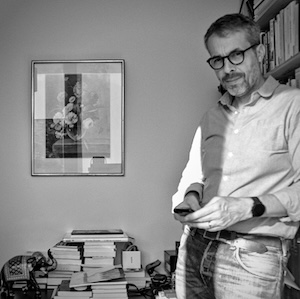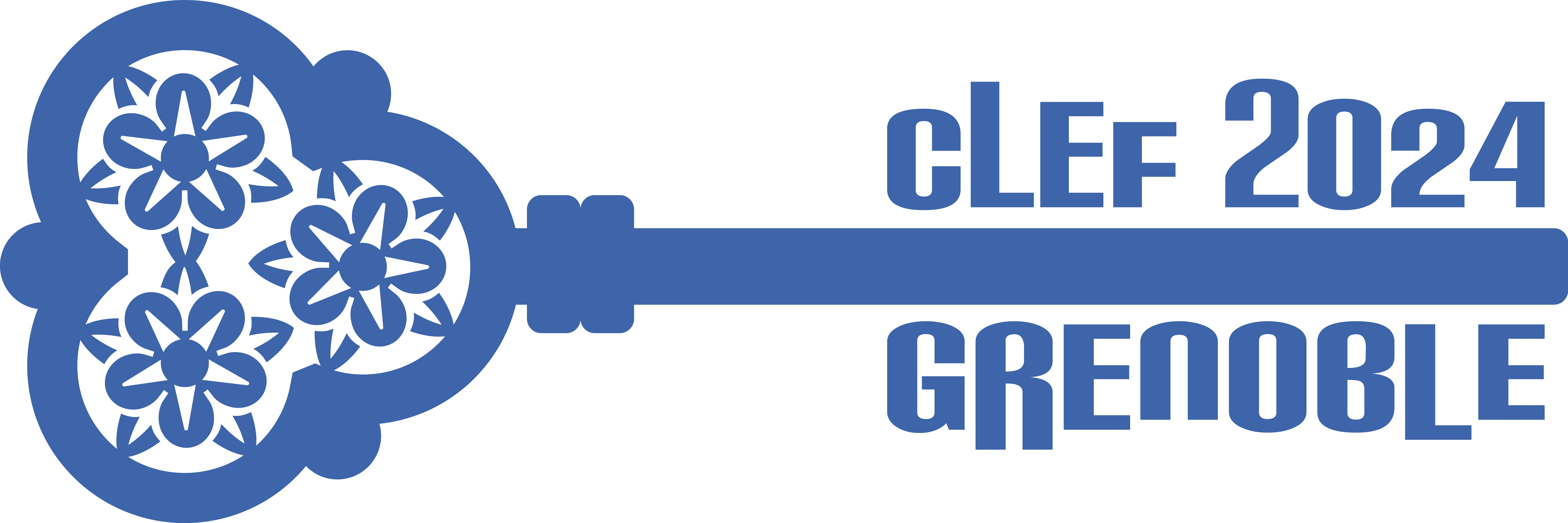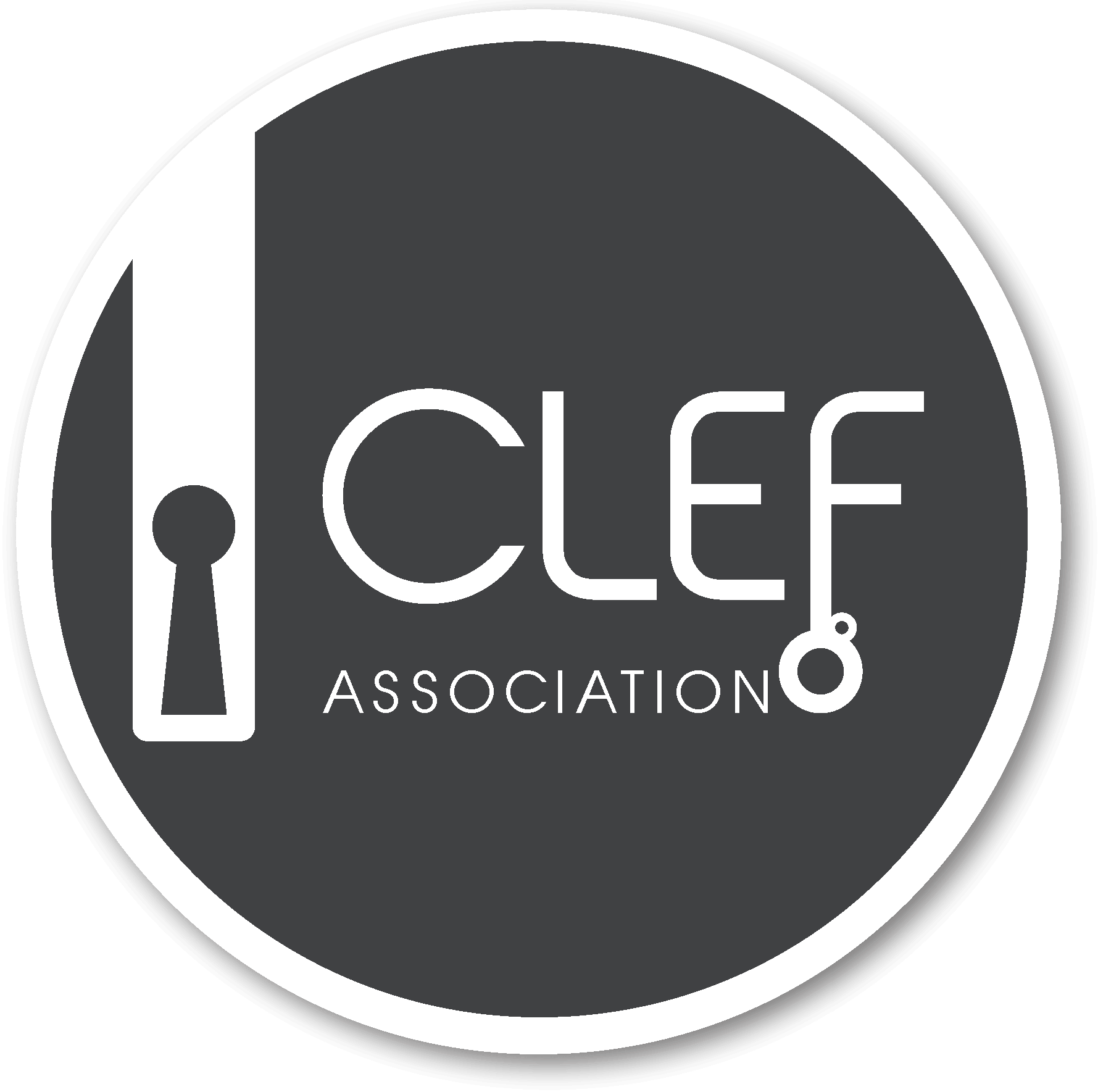
With the groundbreaking launch of OpenAI’s ChatGPT in November 2022, swiftly followed by powerful counterparts such as Microsoft’s Copilot and Google’s Gemini in 2023, one of the most sophisticated algorithmic infrastructures ever developed in academic computer science research — large language models (LLMs) — was unveiled to the general public. Since then the chatbot has captivated a vast community of new users, drawn by its remarkable ability to produce accurate, coherent and flawless texts in response to their prompts. Hailed by AI enthusiasts and tech visionaries as a monumental leap toward automating the production of complex cultural artifacts like novels, news articles, speeches, letters, and songs, ChatGPT has simultaneously sparked fierce debates on critical issues including copyright, knowledge integrity, labor displacement, and misinformation. Some recent studies have highlighted possible biases that could raise doubts about the neutrality of the chatbot and question its ability to fairly represent the social world. However, current limitations in bias research include an almost exclusive focus on predefined protected attributes like gender or race, or on political leaning.
In this talk, I will propose an alternative approach to this question that shifts the focus from describing the biases of ChatGPT to exposing the underlying social world's representation of the chatbot. For that purpose, I will advocate that we need to better understand the bot’s "sociological imagination"—its ability to identify consistent social structures behind repeated accounts of personal lives. I will also provide evidence that GPT’s sociological imagination is very narrow. While ChatGPT can recognise and represent numerous social structures from its training data (e.g., gender inequalities, reproduction of social position across generations...), it does not adequately represents the diversity of positions in the social space. In particular, its responses disproportionately favor senior executives and professionals. This result raises concerns about the chatbot's neutrality and its ability to represent the social world fairly when used for generating texts or social sorting in cultural or academic contexts.














